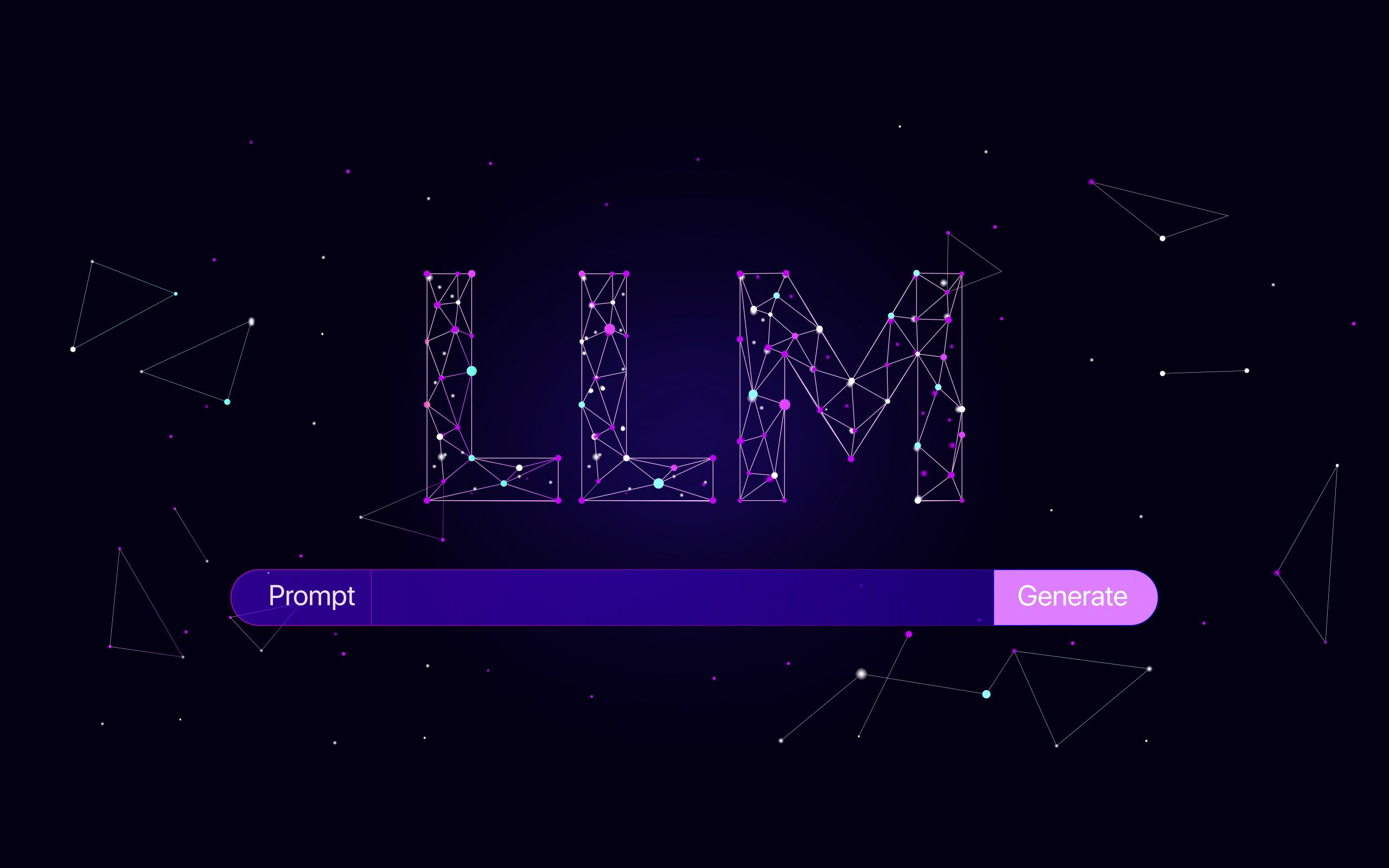
How Intego Streamlined Data Anonymization Using Agile Principles
Clinical data anonymization presents unique challenges, and no two studies look the same. Standards may vary, structures can be inconsistent, and timelines often come with pressure. At Intego Clinical, we used an Agile approach to navigate one of our most complex data anonymization projects to date. The team delivered high-quality results within fixed timelines, even while adjusting the agile process in tandem.
According to McKinsey, “Agile is a way of working that seeks to harness the inevitability of change rather than resist it.” In other words, it is a way of managing work through continuous collaboration, adaptability, and incremental progress. Instead of following a rigid, step-by-step plan, Agile teams focus on regular check-ins, shared ownership, and real-time adjustments. The goal is to keep momentum while staying flexible enough to solve problems as they come up.
Let’s walk through the key steps that helped this project come together.
A Complex Start with a Need to Adapt Quickly
The data anonymization project began with tight deadlines and no clear sense of the effort required. Some studies followed newer formats and others used legacy data without consistent standards. Each one required a different approach, and the team quickly realized that estimating fixed-price timelines at the outset was simply unrealistic.
The team needed to understand the sponsor’s internal processes, adjust to a new development environment, and work within an unfamiliar anonymization framework. As the Intego team began to process the first studies, the time commitment was higher than expected and management was naturally concerned, however, speed increased with the anonymization of each subsequent study. The team learned quickly and refined the approach, eventually reaching a pace that allowed for clear planning and reliable delivery.
Constant monitoring and open communication were recommended, and regular check-ins helped resolve any roadblocks quickly. Velocity-based sprint planning triggered adjustments in real time to maintain progress and meet quality expectations. Assigning clear timelines and checking progress regularly helped the team stay focused and motivated. Additionally, junior team members asked more questions and became more involved in solving complex issues. This proactive mindset raised the quality of the work and improved team confidence.
Tools, Structure, and Support That Made the Difference
The team was structured with approximately 20 percent principal-level professionals and 80 percent junior staff. The result was a mix of experience and energy. Senior team members brought years of knowledge in handling data and navigating complex requirements. Junior staff brought added curiosity and drive, learning quickly under close guidance. This structure supported quality outcomes and allowed the team to scale at a strong pace.
Templates and checklists kept tasks organized and efficient. For instance, the templates used helped to reduce statistical programming time and clear checklists ensured that each study’s data anonymization followed a sequence of quality checks. These tools helped keep backlog items structured and, more importantly, predictable.
Intego also built internal documentation to support the process, including a shared knowledge base and set of handbooks. These were regularly updated, allowing new team members to use the documentation to shorten onboarding and raise the quality of outputs across the board.
The relationship with the sponsor played a key role in the project’s success. A dedicated point of contact was engaged to help resolve any technical issues quickly and be available for questions. This support helped the project move faster and build added trust.
Building a Long-Term Capability
The team delivered each anonymized study on time and to the quality level expected. Clear timelines and a fixed number of studies created structure. The entire team focused on meeting expectations and continuously improving. Over time, Intego built a reliable model for handling data anonymization projects like this in the future.
Most importantly, the knowledge gained has and will be carried forward. Internal documentation continues to grow, the team has successfully engaged in many data anonymization projects since, and Intego’s approach to Agile work has become more refined with each engagement. From recent experiences, it’s clear that data anonymization will always require flexibility, precision, and collaboration. By combining structured planning with responsive team management, Intego built a repeatable model for success. This project helped us deliver high-value results and set the foundation for faster, better execution moving forward. As a result, Intego was selected as the preferred vendor for this specific work and awarded additional anonymization work packages.
Organizations looking for support with data anonymization or similar clinical data work can benefit from the lessons we’ve applied and the structure we now offer. The right approach, the right team, and the right tools make all the difference. If you have any questions on the aforementioned content, request a call here.


